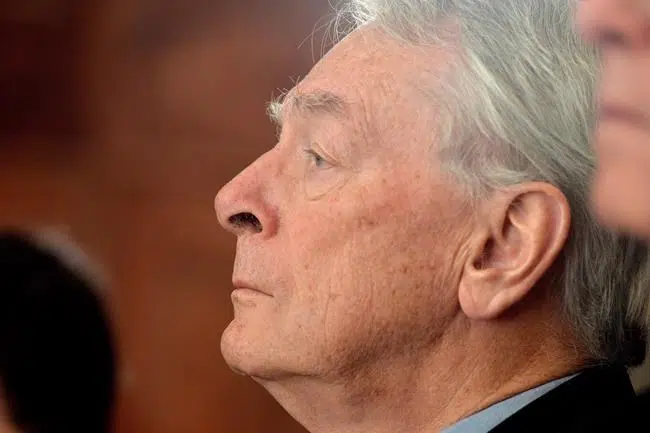
Anti-doping champion to captain University of Guelph sports business institute
The University of Guelph has launched a sports business institute to study the multibillion-dollar world of athletics, from sponsorships to social media.
Guided by an advisory board chaired by International Olympic Committee member Richard Pound, the International Institute for Sports Business and Leadership will aim to bring together scholarly and commercial minds, with a reliance on graduate students and the board’s industry leaders.
“The recruitment of PhD candidates and other graduate students are going to give it a sufficient mass to do the kind of work they want to do and end up becoming a thought leader in sport,” Pound said in an interview.
A champion Canadian swimmer who served as founding president of the World Anti-Doping Agency, Pound said the research centre will help organizations looking to boost attendance, leverage e-sports and study links to health and wellness.
